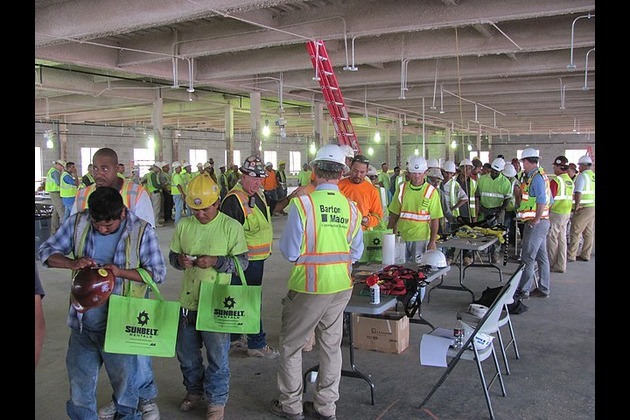Move FM Global News

Trump cuts threaten safety training for high-risk US workers
Jun 6, 2025NEWBURYPORT, Massachusetts: Aboard a burning fishing boat more than 100 miles offshore, Robbie Roberge knew precisely what to do. He got his crew into safety suits, launched a life raft, and sent out a mayday call. No one was hurt.
That calm, coordinated response wasn’t instinct—it was training. Just three months earlier, the veteran fisherman from South Portland, Maine, had attended a safety workshop run by Fishing Partnership Support Services (FPSS), a nonprofit that trains East Coast fishermen to handle life-threatening emergencies.
Now, programs like that are at risk of vanishing.
Due to sweeping federal cuts ordered by President Donald Trump aimed at shrinking the size and cost of government, workplace safety training and research for America’s most dangerous jobs—fishing, farming, and logging—could be drastically scaled back or shut down by this summer.
The National Institute for Occupational Safety and Health (NIOSH), which funds many of these safety initiatives, saw about 875 of its 1,000 employees terminated on April 1. That included most of the staff supporting 12 Centers for Agricultural Safety and Health across the country.
Although around 300 workers were later reinstated, those responsible for overseeing the safety centers were not among them, according to internal union data seen by Reuters.
Seven of the centers confirmed they are preparing to close when their current funding ends. The Southeastern Coastal Center for Agricultural Health and Safety in Florida, for example, has already begun winding down its programs, said director J. Glenn Morris.
“We’re shutting down the direct education to the workers, we’re shutting down the research,” Morris said.
FPSS anticipates losing its NIOSH funding by September, and similar programs could end even sooner. The Alaska Marine Safety Education Association may lose its funding as early as July 1, said executive director Leann Cyr.
Without such training, experts warn that unprepared crews may increase the burden on federal rescue services.
“The return on investment of the government is huge,” said John Roberts, a former Coast Guard search-and-rescue officer and now FPSS trainer. “If they give us this money to do this training, it’s going to lessen how much money has to be spent to rescue the untrained.”
A spokesperson for the Department of Health and Human Services said the work would continue, adding that “HHS supports America’s farmers, fishermen, and logging workers.”
But many worry the damage has already begun.
“These are folks working in the most dangerous jobs in America,” said Matt Keifer, professor emeritus at the University of Washington. “The fatality rate is already seven times the national average.”
Losing the training would be ” tragic ” for fishermen like Al Cottone of Gloucester, Massachusetts, an FPSS instructor.
“There are so many people who are going to be left behind,” he said. “Because getting this in the private sector, it costs a lot of money.”


